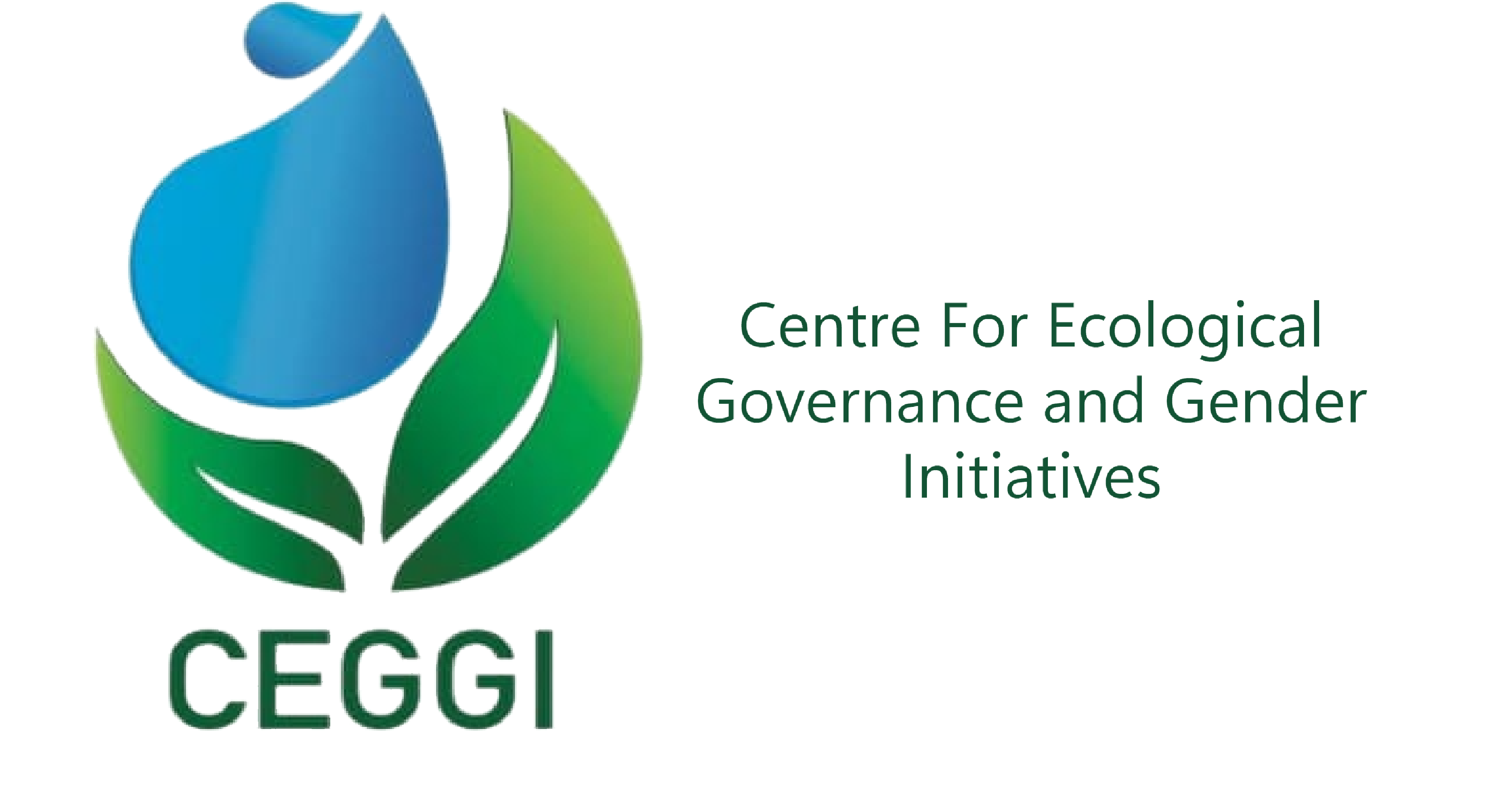CEGGI focuses on promoting agro-ecology practices, seed sovereignty, and sustainable farming methods. We collaborate with subsistence farmers, rejuvenating traditional wisdom while adopting sustainable practices for enhanced food security.
Food Sovereignty is the right of nations and peoples to control their own food systems, including their own markets, production modes, food cultures and environments (La Via Campesina).
Legal recognition of Food Sovereignty
Food Sovereignty is a rear phrase in the national laws of Uganda, the constitution of Uganda recognizes that every citizen has the right to food security and nutrition. Other components of the national laws also recognize the state’s mandate to protect ecosystems, including water and land, self-governance, culture, customs and land tenure which are integral for food production.
Food sovereignty within a community is the right of communities to define and determine their own food systems and economic development, agriculture and social development and cultural or traditional values that addresses their nutritional needs. For every human being, the source of happiness is having access to food, water and air. If we have these three basic needs, then we have the foundations of life; we are rich. The rest are an extra addition to our wellbeing.
CEGGI is working with rural women smallholder farmers to revive the lost indigenous/traditional seeds and indigenous knowledge for the community food sovereignty. Under the food sovereignty program, CEGGI is addressing issues related to food system and culture to establish the acceptable way people relate with food, food and gender and the challenges communities face in food production.
Community Food system
- Access to land for food production
- Making informed choices on food types (crops to grow, livestock to rear, fish types to catch, etc.)
- Controlling food supply and distribution or sharing at community and household level.
- Sustainable food production system that not only conserve the ecosystems but also sustain soil fertility and the overall land production capacity.
Most communities in Uganda have had a food system based on subsistence and peasant farming which has successfully fed families and the entire communities for centuries. The system has also maintained the ecosystem without resorting to industrialized agricultural strategies which have damaged the environment and reduced biodiversity.
Food and Gender
Among the rural communities, food sovereignty has a significant gender dimension in the Ugandan context. Women in most communities are the custodians of food and seeds and are the backbones of subsistence food production in the country. They have the knowledge of foods that are healthy, nutritious and beneficial for each family member, (i.e. for men, for children, pregnant mothers, etc.). Meanwhile the men and male youths had the role of grazing cattle, fishing and participating in other male defined activities depending on the region. All these activities distributed by gender, contributed to the families and communities’ food security and income generation. These skills were passed on to the next generation and kept communities strong, intact and with a sustained ecosystem.
Challenges to community food sovereignty
When improved seed varieties were introduced among communities to produce enough food, most communities in the country embraced the seeds and abandoned the local seeds with all the indigenous farming knowledge that was associated with the seeds. With time, the indigenous seeds got lost and only remained among a few old women who clung onto them. However, improved seed varieties have not delivered to the promise to feed the world.
Seeds
If seeds were not taken seriously by the communities, food would remain in the hands of corporations and this would destroy the communities’ food sovereignty making them dependent on market seeds which are not always reliable
Activities
Recognizing the limitations of the improved seed varieties to the community food security, CEGGI was prompted to join other likeminded partners to work with communities to come up with solution for improving community food security. Meanwhile most improved seed varieties, grow and mature fast, giving communities food security, this has not been sustainable. The seeds mature fast and also decompose fast leaving communities in hunger.
- We are empowering indigenous women and other smallholder farmers to be in position to exercise their rights over land for a sustainable food production.
- Improve collaboration among community women on farming and availability of indigenous seeds for sharing and sustainability of the intervention
- Pilot community seed multiplication gardens to avail indigenous seeds for sharing among communities.
- Increase awareness of agroecological farming methods that are environmentally friendly and climate change resilient among women smallholder farmers for increased production of indigenous food varieties. Agroecology also promotes more efficient and less depleting uses of water, land and better preserves soil ecosystems and gives farmers full control and ownership of their food and seeds.
- Promote sustainable farming practices among smallholder women farmers by applying traditional and cultural knowledge for community food sovereignty and create awareness among communities on the dangers of pollution from agro-chemicals if not well handled.
- Implement actions that diversify economic activities to improve the resilience of rural communities who are dependent on climate-sensitive sectors such as agriculture and livestock rearing.
- Build the capacity of local communities to engage favourably with local government leadership to promote the recognition and revival of indigenous seeds for community food security and sovereignty.
